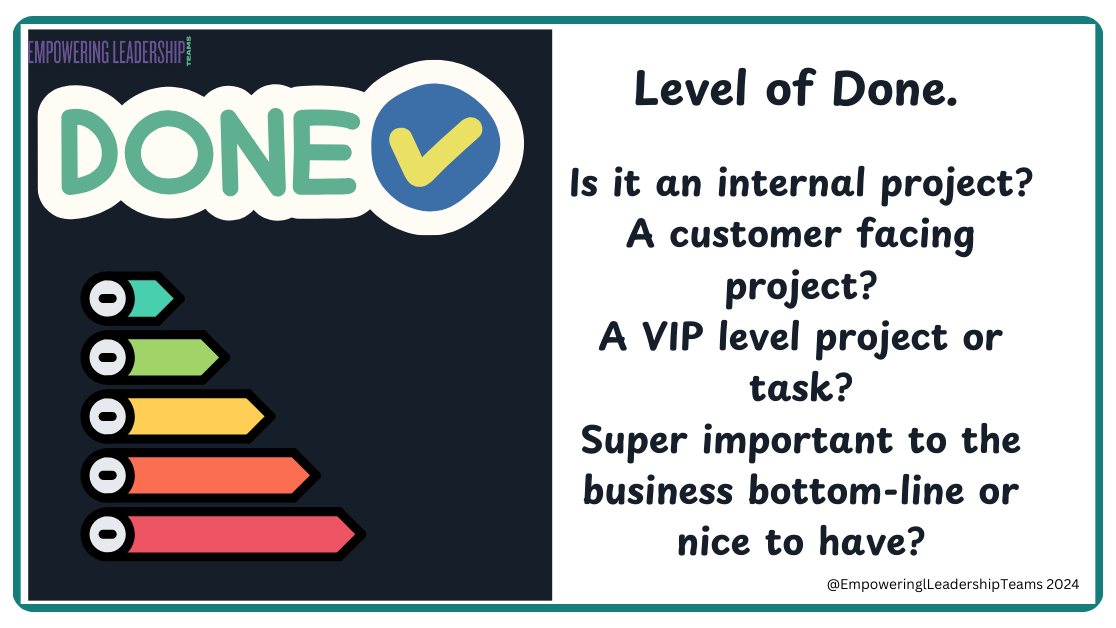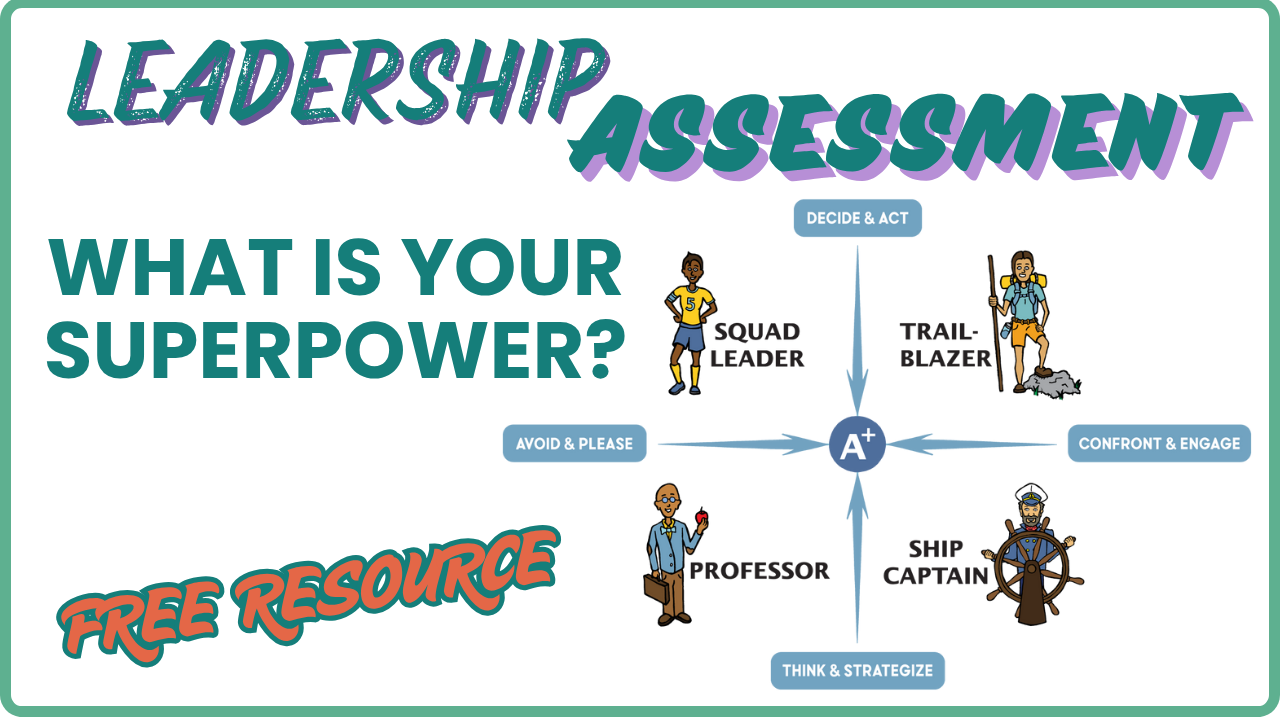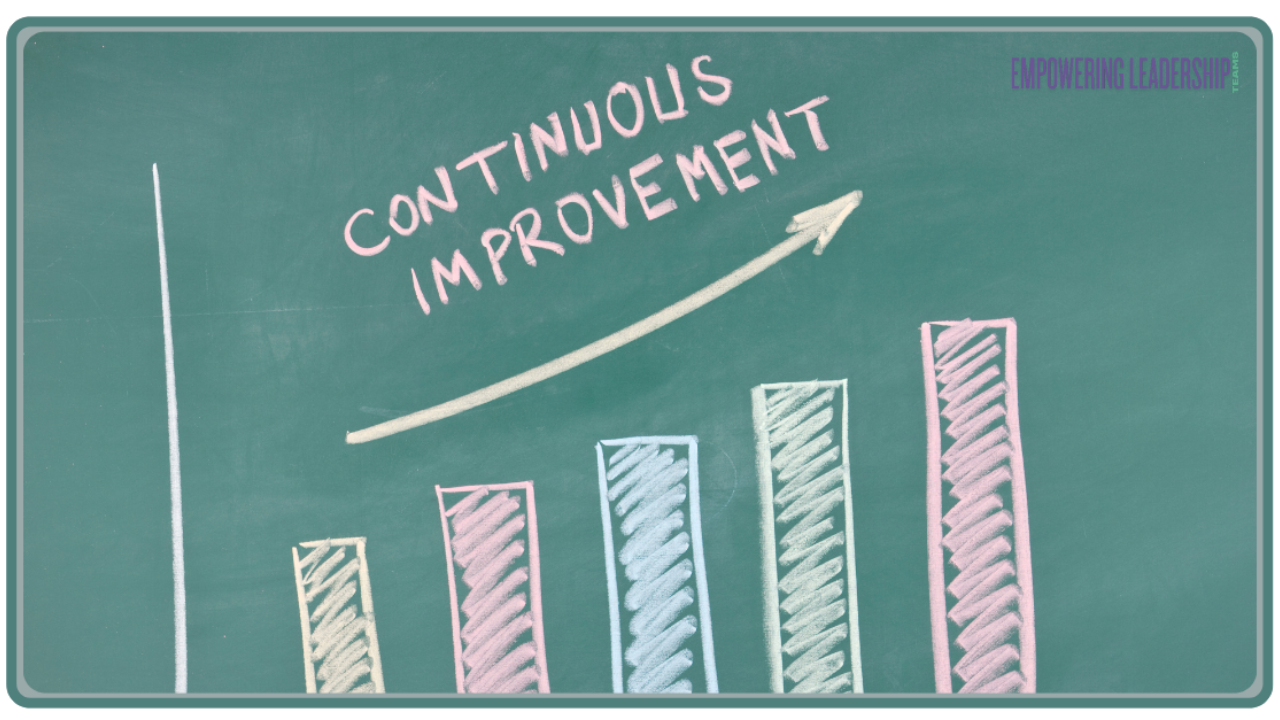The Art of Effective Delegation: A Leadership Trainer's Perspective

As a leadership trainer with nearly a decade of experience empowering teams within small entrepreneurial companies, I understand that delegation is not just about assigning tasks—it’s about empowering others and achieving outcomes together. Effective delegation is crucial for maximizing team potential and driving organizational success. In my leadership training programs, I guide teams to discover that effective delegation is a two-way process that involves mutual responsibility. This skill can dramatically enhance team performance and individual growth.
At the heart of successful delegation is clear communication. To set others up for success while freeing yourself up to focus on higher priorities, I encourage leaders to implement the following six steps at the outset of assigning tasks. This six-step delegation script has transformed how I guide others in effectively handing off responsibilities:
- Define the intended outcome.
- Explain the purpose and benefits.
- Ask what the person needs to be successful.
- Anticipate challenges and create recovery plans.
- Establish follow-up procedures.
- Clarify how completion will be determined.
One of the most crucial insights I share with leaders is the importance of defining "done." It’s not sufficient to merely assign a task; instead, you must paint a clear picture of what successful completion looks like. By shifting from a task mindset to an outcome focus, you empower your team to become engaged thinkers in their work.

Planning ahead is equally vital for effective delegation. By anticipating potential challenges and creating recovery plans, leaders can navigate obstacles smoothly when they arise. This proactive approach not only saves teams countless hours but also significantly reduces stress levels.
Another key insight I emphasize is the value of follow-up and appreciation. I teach leaders that checking in on progress and expressing genuine appreciation for completed work not only keeps tasks on track but also fosters a healthy team culture.
For those on the receiving end of a delegation, I advocate a proactive approach. I encourage leaders to adopt a recipient-led delegation strategy with their entire team. This means that when someone is delegated to achieve an outcome, they should reference the six steps outlined in our delegation script to assess whether they have all the necessary information. If they identify any gaps, they should feel empowered to ask questions and seek clarification from the person delegating. By sharing this script with everyone in the organization, we establish a culture where it’s expected that team members will advocate for themselves and ensure they are set up for success. This strategy has proven effective in avoiding misunderstandings and delivering better results.

Finally, I’ve come to understand that delegation is not a one-time event but an ongoing process. I guide leaders to adjust agreements as circumstances change. This flexibility, combined with clear communication, has been pivotal in achieving successful outcomes in my leadership journey.
When done right, delegation is truly an art that enhances leadership effectiveness. It requires practice, patience, and a willingness to empower others. But the rewards—a more engaged team, improved results, and personal growth for all involved—are well worth the effort.
-Coach Heather
Related Articles:
Six Steps To Take Your Delegation Skills To The Next Level
The Power of Adaptability in Leadership
Give Yourself A Business Edge: Know Your Leadership Style

















